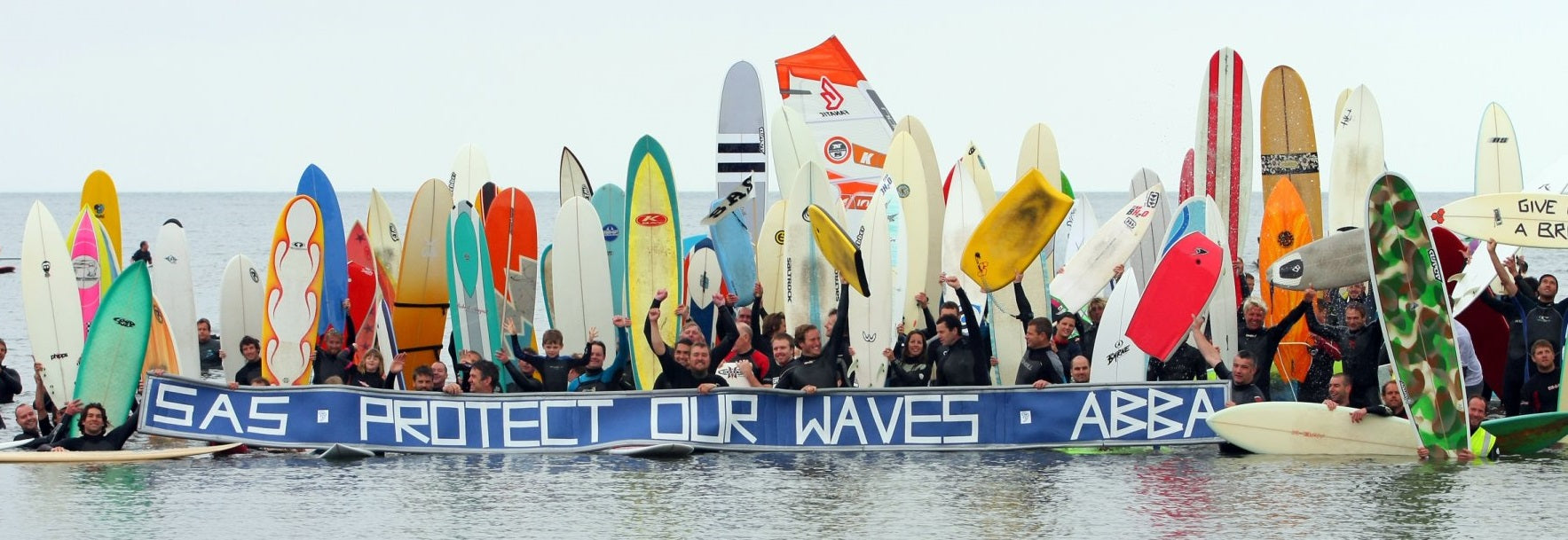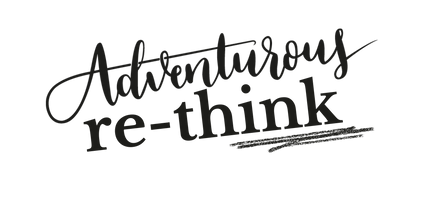The plastic tide is a symptom of a sickness in society: Surfers Against Sewage CEO Hugo Tagholm

Sick of getting sick, and now sick of stuff, surfers have given lie to their dropout image and become the most vocal of marine indicator species, thanks to the impassioned campaigning of Surfers Against Sewage. What started as an angry campaign about sewage has progressed to the plastic problem, which they view as symptomatic of a sickness in society. We caught up with CEO Hugo Tagholm after hearing him speak at Adventure Uncovered to hear more about their work, and reflect on why it’s needed…
So tell us the backstory of Surfers Against Sewage?
Its simple. During the 90’s surfers around the UK were constantly coming down with ear, nose and throat infections thanks to the time they were spending in the sea. This no surprise given that only 27% of beaches passed minimum environmental standards. The vast majority of our beaches were having raw sewage pumped onto them. Surfers were swimming in shit.

Early visceral SAS campaigns saw gasmask wearing activists on the streets of London and PR stunts highlighting the amount of crap in our oceans.
Of course this captured the attention of the media, and then the political establishment. It also ran in parallel to European Legislation which drove the Water company investment to finally stop raw sewage discharges.. The UK now boasts 98% of beaches passing minimum standards. I like to think we have more than a little to do with that.
But you didn’t pack up once the sewage problem had been solved right?
Unfortunately not, because another tide was sweeping our shores. Between 2002 and 2012 there was more plastic produced than the entire history of time. And it’s never going away. It’s all still out there. And much of it finds its way into the oceans. It’s getting into our food chain, affecting everyone and everywhere. The problem is impossible to understate.
I took a group of journalists to our local beach the other day. The moment we stepped onto the sand all the usual suspects were right there underfoot, cotton buds, plastic bottles and straws everywhere. The very same beaches that used to be covered in crap are now stockpiling plastics. That’s the way currents and tides work.
We are out here all the time. We see it every day and it’s making us sick. Sick of the careless throw-away society we have become.

So you’re saying that plastic pollution is symptomatic of a wider social problem?
Absolutely. Plastic pollution is a symptom of the culture we’ve created. Everyone is travelling at a million miles per hour, eating on the go and demanding convenience at every turn. The effect is more packaging. The more packaging, the more waste. So yes, it’s our on-demand lifestyle that has created the problem.
It’s a disgrace that we are using finite resources like fossilised vegetation to create throw away products with literally no value. Those resources are valuable, they could be used for something worthwhile like medical products, essential transportation, heating for the elderly.
But it’s worse than disposable plastic having no value. It has a negative value. Every item that is thrown away either has to be picked up, by volunteers or using taxpayers money, or degrades the environment in some way. There is so much of it out there that all these little negatives amount to a massive impact.

Woah. Heavy stuff.
We are trading 2 minutes of convenience today for the health of our planet. But the fact is, the planet will survive. This isn’t about the planet. Its about people.
Margaret Thatcher said that there was no such thing as society as she let rip with market forces. The 80’s turbo-charged a crazy era of consumption that had been slowly picking up gear since the 1950’s.
But the thing is, stuff isn’t making us any happier. In fact, we know it’s making us unhappy, driving a vicious cycle where we feel we need more. And of course we know what more stuff means: more throw away plastic.
So is there a solution?
Plastic pollution is an issue that brings the whole broken system into view, in a way that global problems like climate change don’t. It’s hard to specifically attribute a severe cyclone to climate change, and few people witness glacial retreat. But everyone can see plastic floating past.
And yes, of course there are solutions, but it needs system change and behaviour change, the two go hand in hand.
We need to move from a linear society: dig stuff up, use it, throw it away, to a more circular economy, where waste produce has value and can become a raw material again. Which is why we’re campaigning for a deposit on plastic bottles. Let’s give this stuff a value.
People also need to think about the impact of their lifestyles. We can all make better choices. We can all reduce the value we place on convenience. Simple things like carrying a water bottle instead of buying bottled water or refusing plastic straws are a fantastic way to start. We need to rewire our thinking bit by bit.

Which is where SAS comes in, right?
Absolutely. We have to be optimistic. We have a huge community of folk who know we need to make a difference. More importantly, they are willing to do things that make a difference.
We might be a small team back in the office, but it’s a positivepyramid thanks to our network of volunteer chapter leaders and members. We’re equipping and inspiring people to be the change.
Last year we had 30,000 people giving up a total of 150,000 hours to clean up our beaches. And we’re growing all the time. Right now we have 125 local chapters, but we’ll soon have grown to 250.

And there is so much more we can do with our community, because as we saw with sewage, the message is most powerful when it comes from the horse’s mouth. This isn’t an industry funded lobbying campaign, it’s powered by people taking action for a better future.
The distinctive thing about SAS is that, partly because of our countercultural heritage, we’ve never pulled any punches in our campaigns. So we inject excitement and interest into the debate.
And what about businesses, they need to be part of the solution too huh?
We can’t just point angry fingers. We need to take people running businesses on a journey, there’s no point making excuses. There are progressive corporates out there who are helping create the change. It’s great to see. Obviously there are the likes of Finisterre and Ecover, who are moving to a more circular model using recycled materials.
What starts on the margins needs to move into the centre. This is happening more and more.

What is your take on the future?
It feels like we’re reaching a tipping point. Both people and businesses are realising that the system is out of balance, that natural ecosystems are losing out, that society is increasingly feeling the impact and that we need to do something about it.
Its easy to be angry. The important thing is to channel that energy into positive change. We have shown we can make a difference together. We need to do it again and keep on until we have brought about real change. Which is what we intend to do.
Join the movement at www.plasticfree.org.uk
